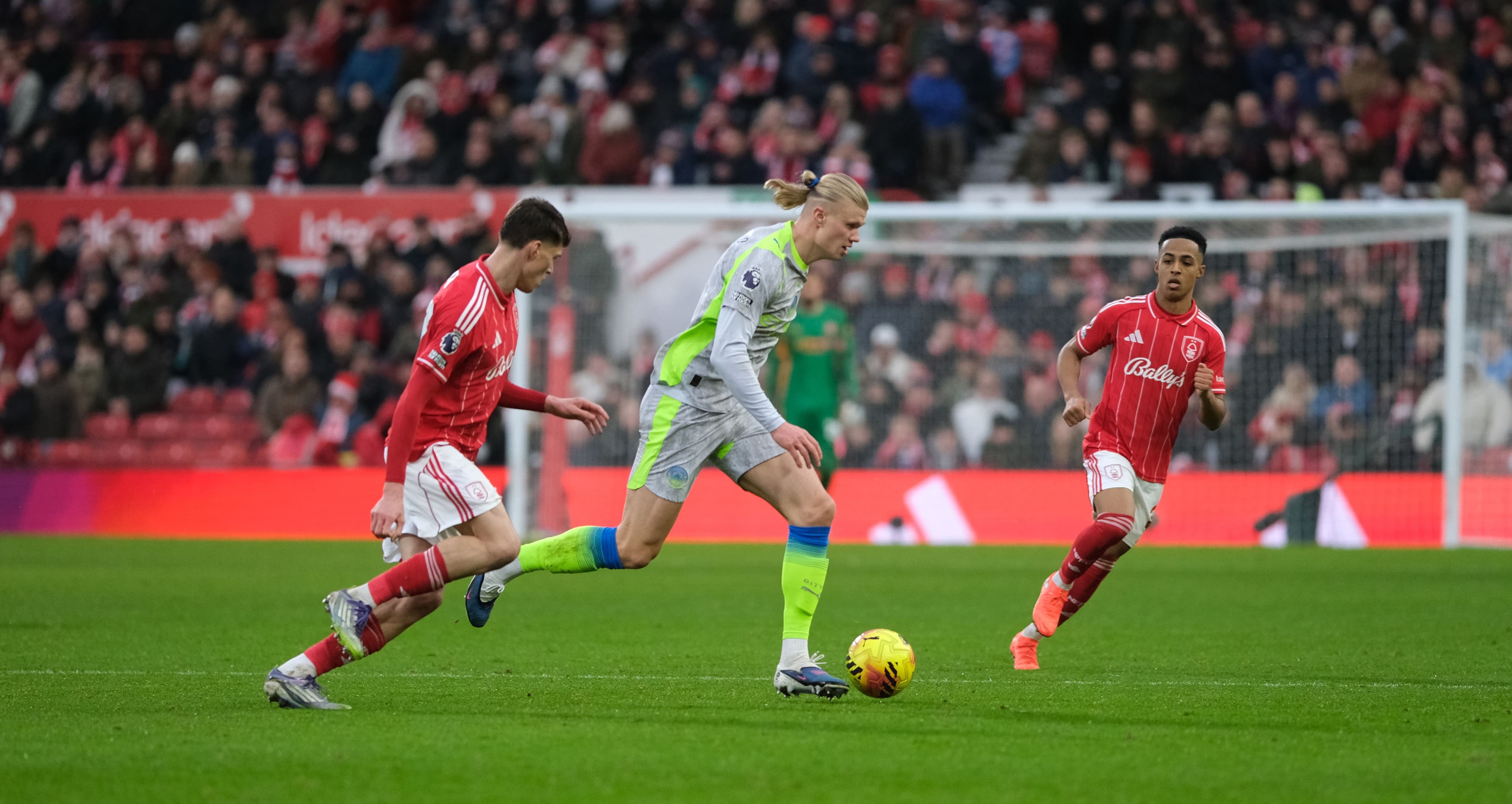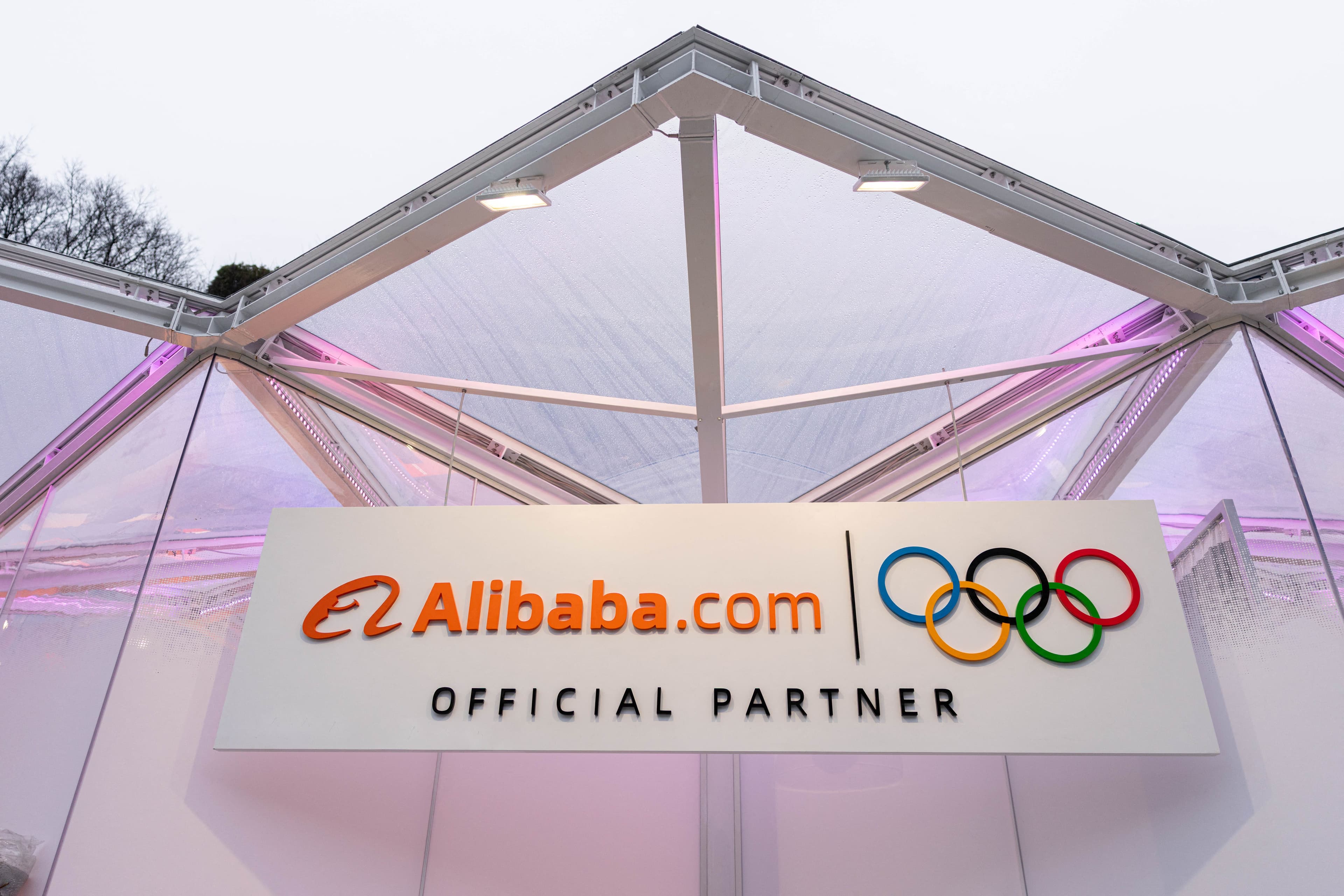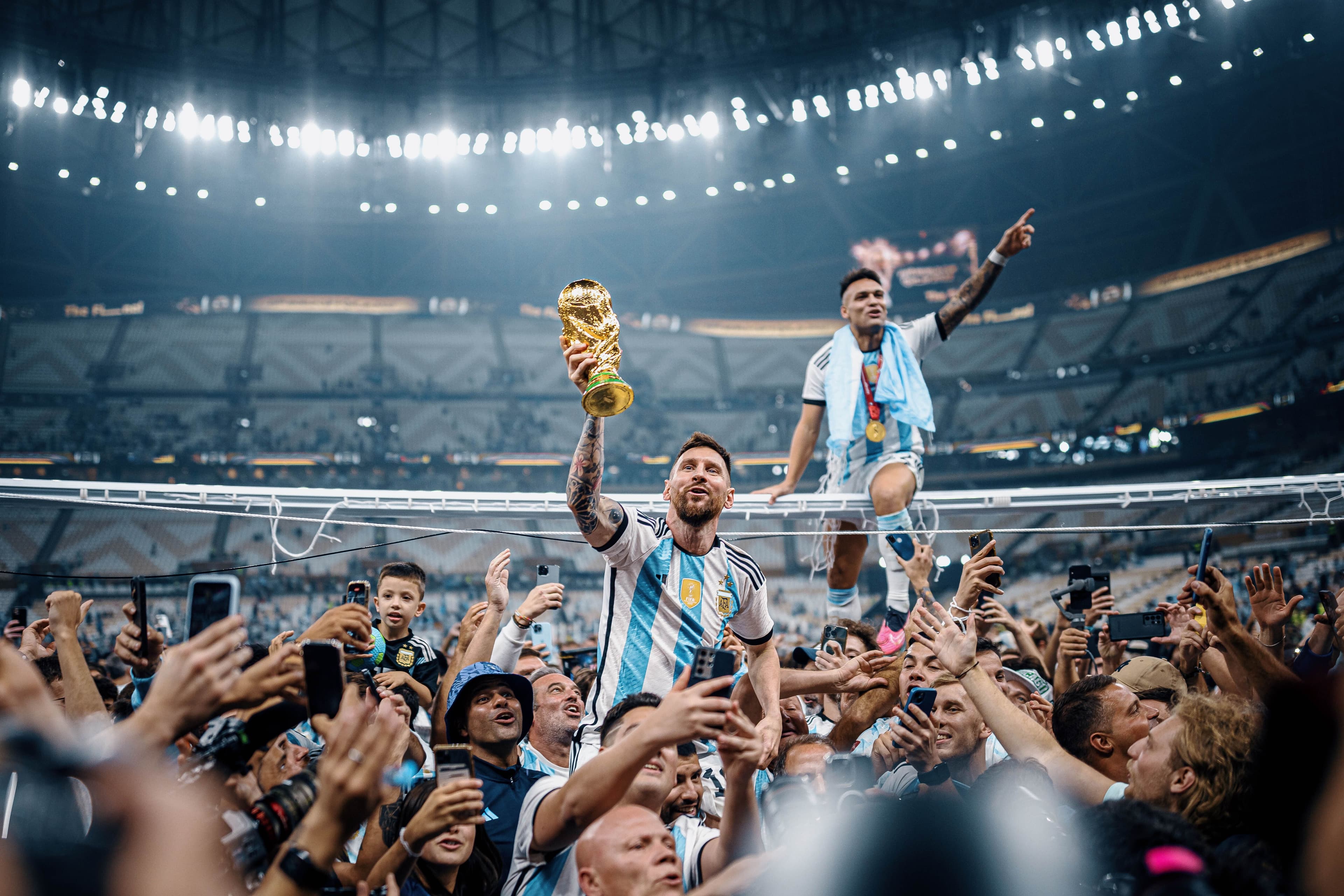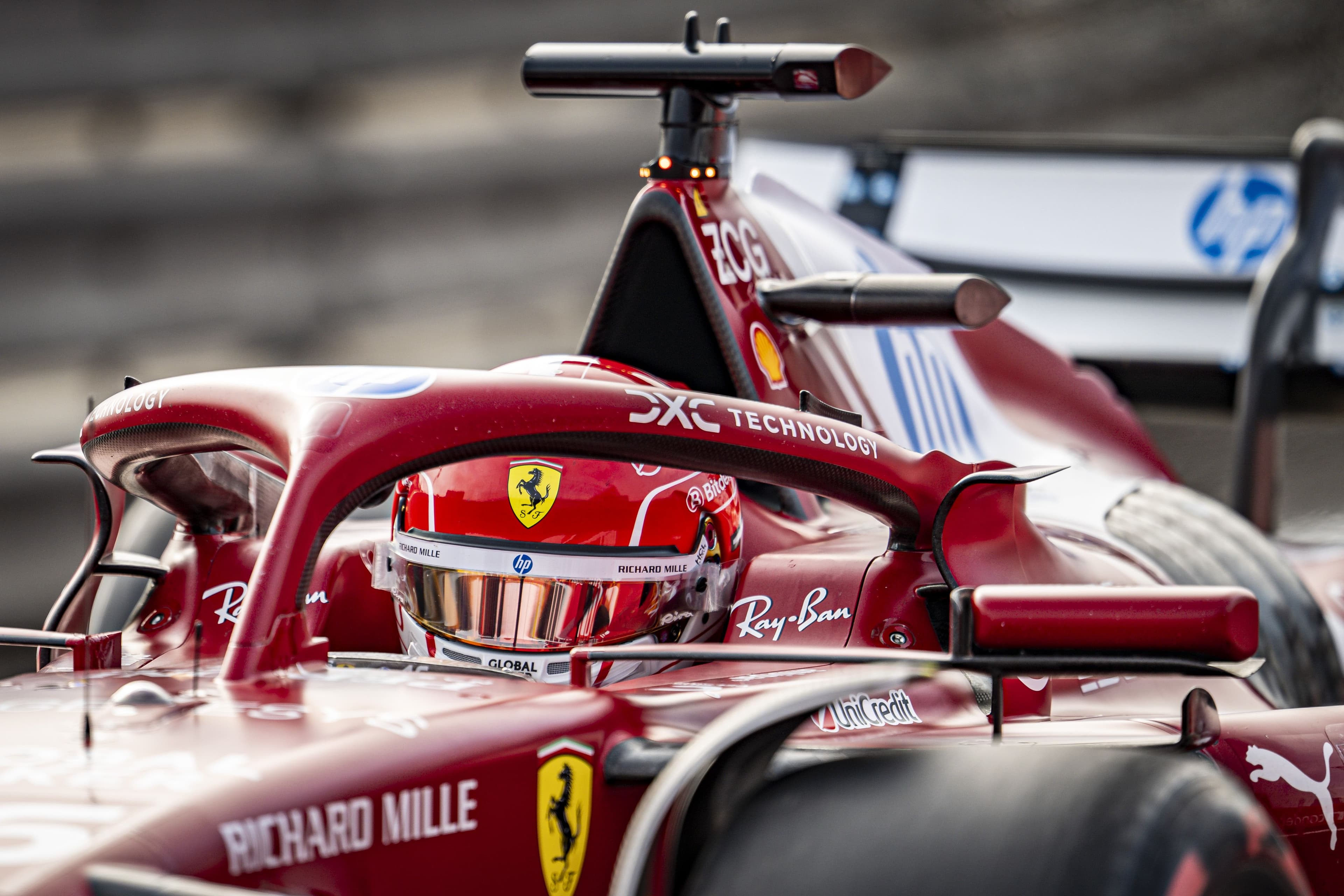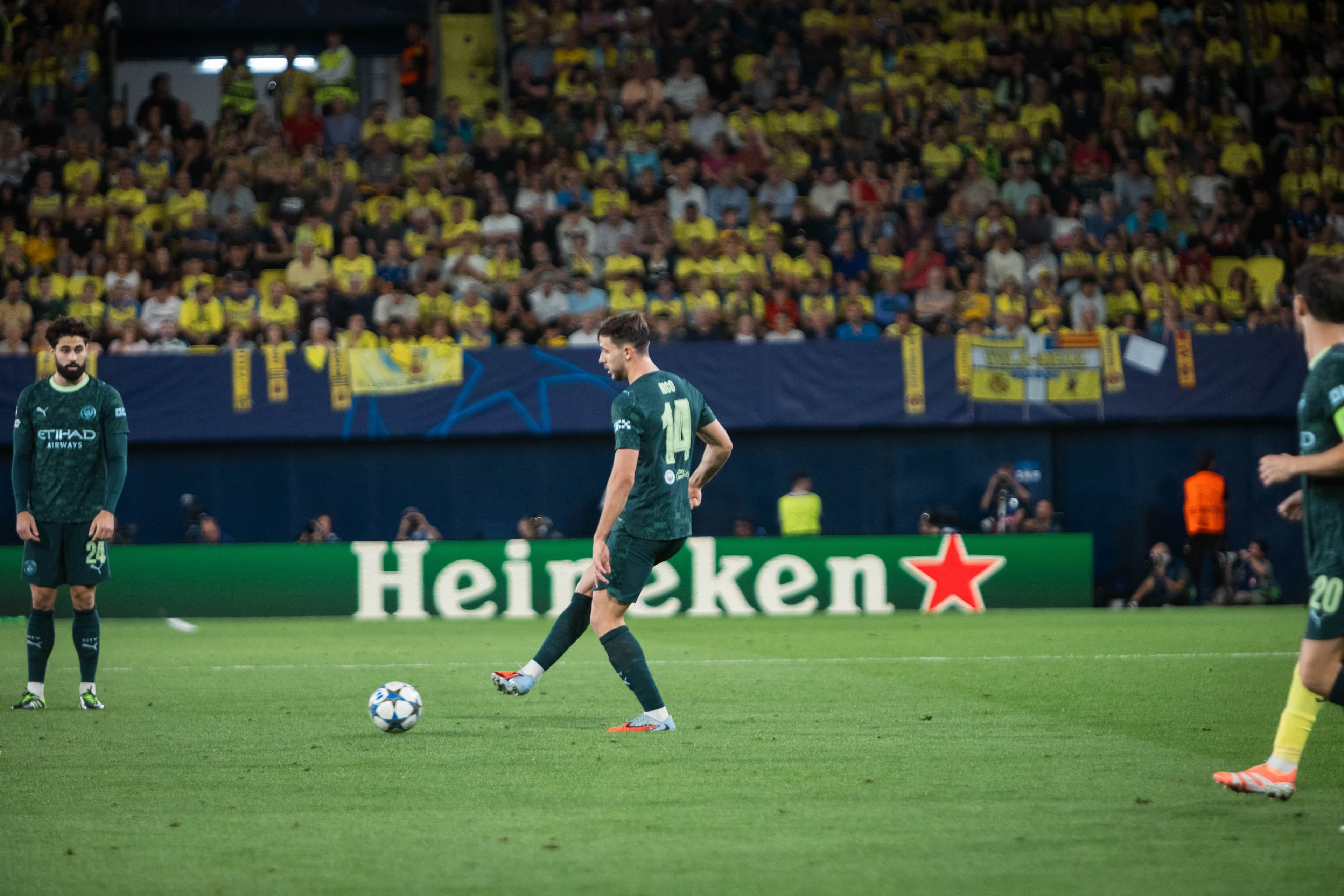With the Premier League’s front-of-shirt gambling sponsorship ban set to take effect from the 2026/27 season, the financial structure of England’s top football league is on the verge of major disruption. Recent analyses suggest that clubs could see a 38% drop in collective front-of-shirt sponsorship income, sparking strategic shifts across the league as clubs race to replace betting partners with new, sustainable commercial relationships.
The End of an Era: Betting Brands Face the Sidelines
Gambling brands have become almost synonymous with Premier League kits over the past decade. In the 2023/24 season, eight clubs featured betting companies on their home shirts — with an estimated combined value of £53.4 million in sponsorship income.
But mounting public and political pressure, combined with growing concerns about gambling harm, prompted clubs to voluntarily agree to a league-wide front-of-shirt betting ban. While sleeve and stadium sponsorships remain unaffected for now, the move will drastically alter one of the league’s most visible commercial assets.
The Numbers: Financial Fallout Ahead
According to insights shared by The Sponsor and SportsPro, if the current market trends continue and clubs are unable to replace betting sponsors at comparable value, the total value of front-of-shirt sponsorships could fall from £142 million to around £88 million — a £54 million shortfall, or nearly 38%.
Clubs most affected will be those outside the traditional "Big Six," which rely more heavily on betting partnerships due to their broader international visibility and fewer alternative commercial suitors. For clubs like Bournemouth, Brentford, or Fulham, this change isn't just symbolic — it's potentially destabilizing.
Opportunity or Crisis? Rethinking Club Partnerships
While the immediate financial loss is significant, the shift also presents an opportunity for clubs to redefine their brand values, attract new categories of sponsors, and move away from an over-reliance on gambling income.
Sectors such as fintech, crypto, wellness, sustainability, and digital education are already being explored as replacements. However, matching the high-value, high-demand nature of betting deals will be a challenge — especially in a climate of tightened global marketing budgets.
Some clubs, like Aston Villa and Crystal Palace, have already made the transition to non-gambling sponsors, potentially positioning themselves ahead of the curve. Others will need to undergo rapid commercial repositioning to remain competitive off the pitch.
What’s Next? League-Wide Strategy and Reinvention
With the countdown to 2026/27 underway, the Premier League is expected to provide central guidance and support to clubs seeking new sponsors. While the ban only affects the most prominent real estate on the kit — the front — many see it as a first step toward broader restrictions.
This raises larger questions:
• Will gambling-related branding be phased out entirely?
• How will clubs in the lower leagues adapt if the ban sets a wider precedent?
What’s certain is that football’s commercial playbook is being rewritten, and what was once a reliable stream of income is now a test of creative, values-driven brand building.
Conclusion: A Defining Sponsorship Shift in Modern Football
The end of betting sponsorships on Premier League shirts marks one of the most significant commercial shifts in recent football history. With millions in revenue at stake, clubs now face a pivotal period of reinvention — balancing financial sustainability with evolving societal expectations.
In doing so, the Premier League has a chance to lead — not just in global football performance, but in setting new standards for responsible, future-forward sponsorship.
Sources: SportsPro, The Sponsor


